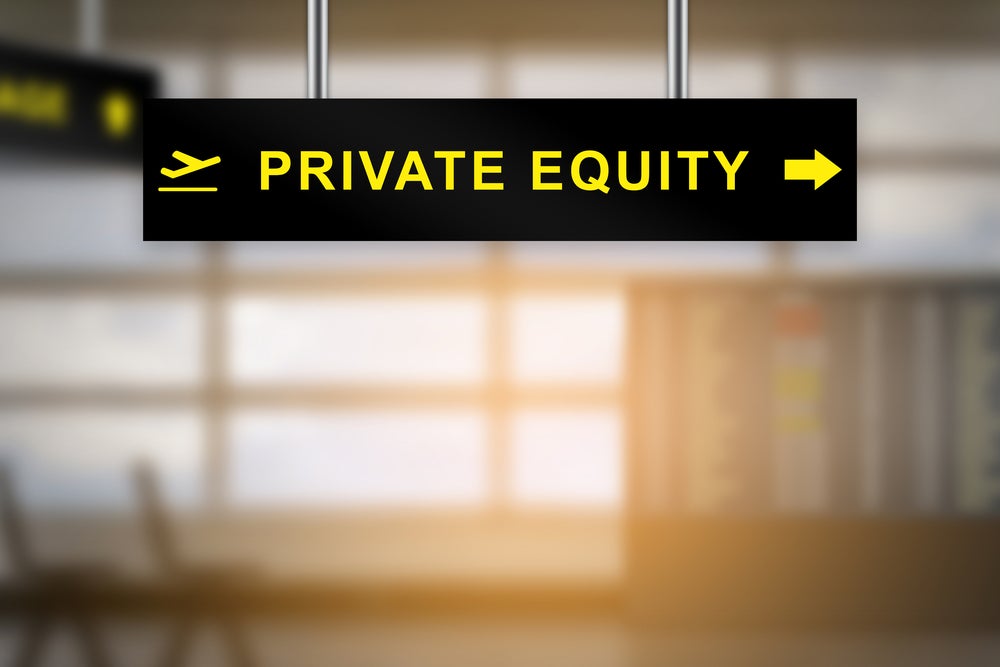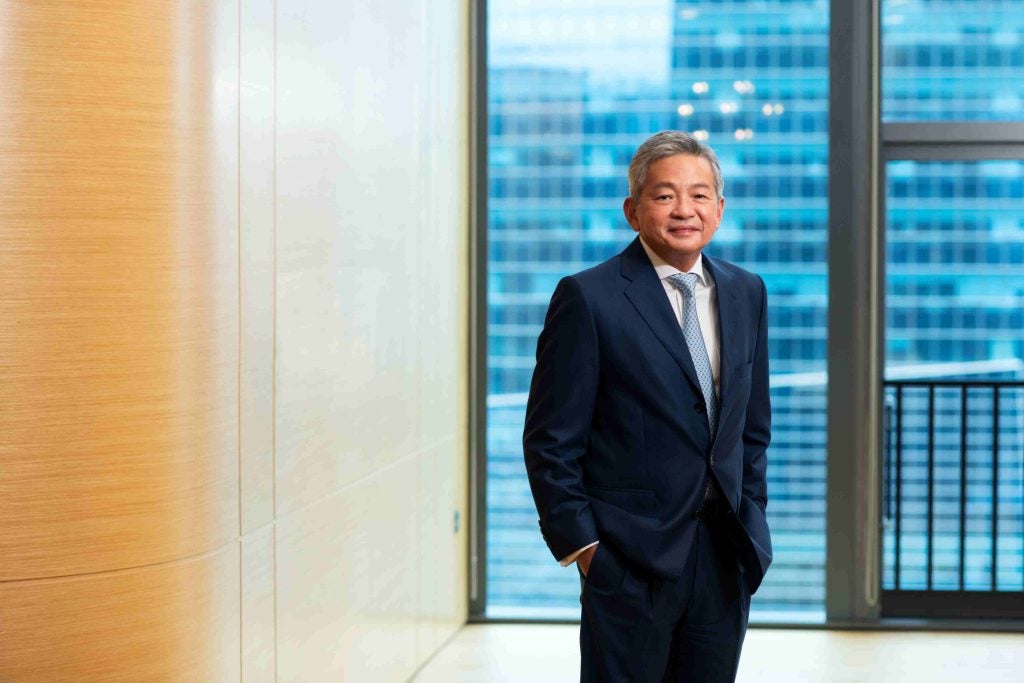
On Wednesday, London-based multi-family office Sandaire said it was launching a new private equity business in response to a growing interest in the asset class. It is not the only wealth manager taking a deeper interest in the sector. Private Banker International looks at five trends in HNWI asset allocation towards the private equity asset class.
Over a fifth of family office capital is invested in private equity
The average allocation of family office portfolios to private equity grew to 22% in 2018, according to the UBS Global Family Office Report.
The reason for this, the report found, was a jump in performance in private equity returns from 13% to 18% over the last year. Four-fifths of family offices said their private equity returns met or exceeded their performance expectations in 2018.
In 2017, the average allocation to private equity from family offices was 18.2%.
HNWI asset allocation in private equity to grow by a fifth
Wealth managers and private bankers around the world expect to up their clients’ allocation towards private equity by 20% in 2019, according to Knight Frank. For their Wealth Report – published in March – the real estate consultancy interviewed 600 private bankers and wealth advisors globally.
Australasian HNWIs – those in Australia and New Zealand – are the most enthusiastic. They are expected to grow their private equity allocations by 30% this year.
The least optimistic are Russians, who plan to grow their allocations to private equity by just 6%.
HNWIs use private equity for direct investments
HNW entrepreneurs prefer using private equity when making direct investments, according to a report from BNP Paribas. The Entrepreneur Report 2019 found 63% of HNWIs rely on private equity for direct investments.
Most – 27% – rely on a wealth manager or financial advisor for their exposure to private equity. Just 9% invest through family offices.
Private equity to overtake hedge funds
Preqin, a data provider for alternative investments, predicts private equity assets under management to top $4.9tn by 2023. That will put private equity on course to overtake hedge funds as the largest alternative asset in the next four years.
Loose covenants spark caution among investors
Four-fifths of private equity financing deals this year were written with loose covenants according to credit rating agency Moody’s. This compares with one-fifth in 2007 before the financial crises. Moody’s warned that this could hamper recovery rates for investors in the next downturn.







